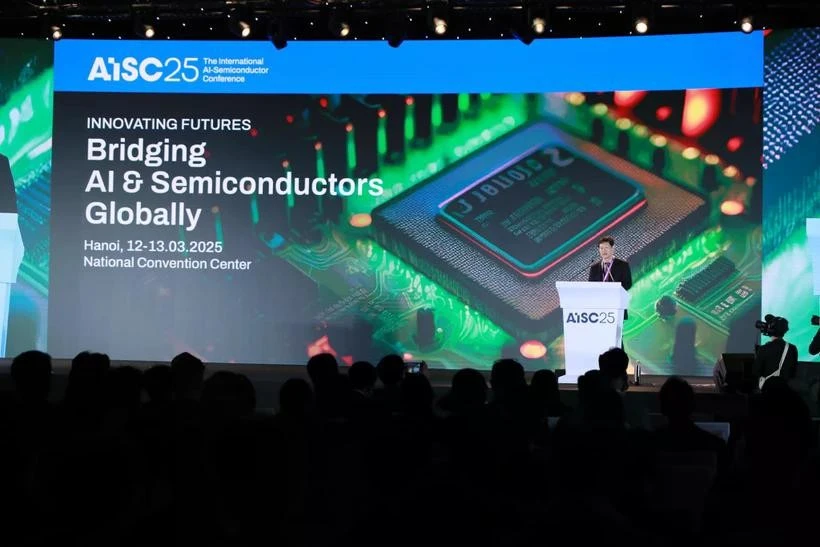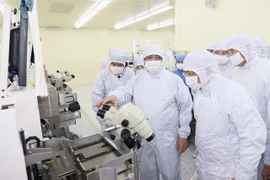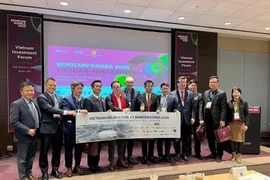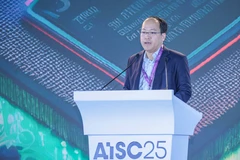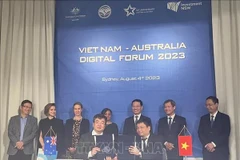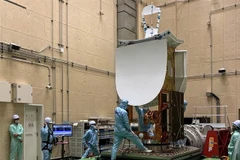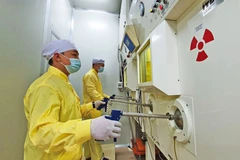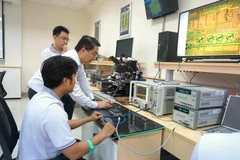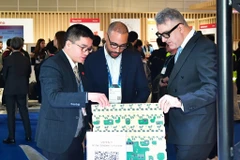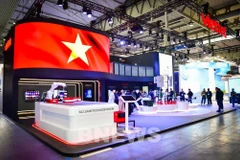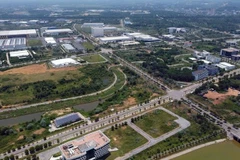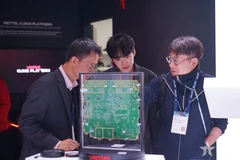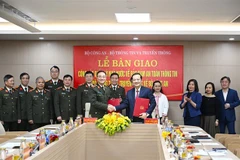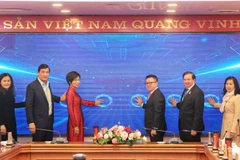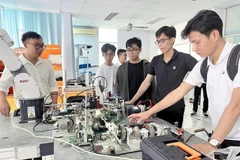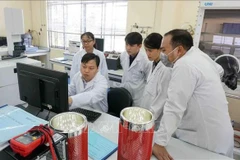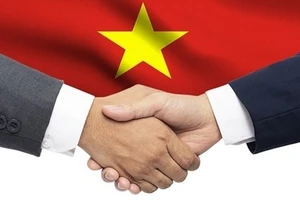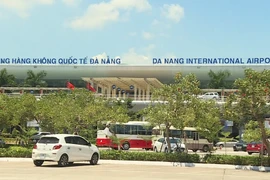Hanoi (VNA) – Innovation has become a critical factor in enhancing national competitiveness amid the Fourth Industrial Revolution, according to Nguyen Mai Duong, Director General of the Department of Innovation under the Ministry of Science and Technology.
Speaking at a seminar titled “The convergence of semiconductors and artificial intelligence: a breakthrough for a new cycle of opportunities”, part of the 2025 Artificial Intelligence and Semiconductor Conference (AISC) held in Hanoi on March 13, Duong highlighted the significant role of AI and semiconductors in accelerating Vietnam’s development in the coming years.
Recognising the strategic significance of science, technology, and innovation, Vietnam has implemented various policies to foster these fields. Notably, the Politburo’s Resolution No. 57-NQ/TW underscores the importance of scientific and technological breakthroughs, innovation, and digital transformation as key national priorities.
Duong emphasised that, with the government's strong support and decisive policy reforms, Vietnam is gradually positioning itself as an attractive destination for the semiconductor and AI industries.
Vu Quoc Huy, Director of the National Innovation Centre (NIC), noted that Vietnam’s open investment climate and government backing have contributed to its emergence as a new hub for global technology firms.
He affirmed that Vietnam remains committed to creating the most possbile favourable conditions for investors, enterprises, and innovators. AI and semiconductors, he stressed, are considered strategic pillars in the country’s industrial transformation.
Huy said that these sectors present significant opportunities for Vietnamese enterprises to integrate into global value chains and contribute to technological advancements. As one of Southeast Asia’s fastest-growing digital economies, Vietnam benefits from a strategic location, a high-quality workforce, and modern infrastructure.
To institutionalise the Party and Government’s policies on science, technology and innovation, particularly Resolution No. 57-NQ/TW, Duong said, the Ministry of Science and Technology is finalising draft revisions to the Law on Science and Technology with breakthrough policies aimed at promoting innovation activities. These include strengthening decentralisation and delegation of authority, simplifying administrative procedures, and enhancing transparency in state management of science, technology, and innovation.
Efforts are also being made to streamline procedures and accelerate digital transformation in research and development activities. The proposed legal framework is expected to create a solid foundation for sustainable technological development, aligning with global trends while expanding support to the private sector.
According to Dr. Bui Hai Hung, Director of VinAI Research, in an attempt to build a highly skilled workforce is essential for the AI and semiconductor industries and talent development is a major challenge, noting that Vietnam’s most pressing need is to address workforce constraints./.
